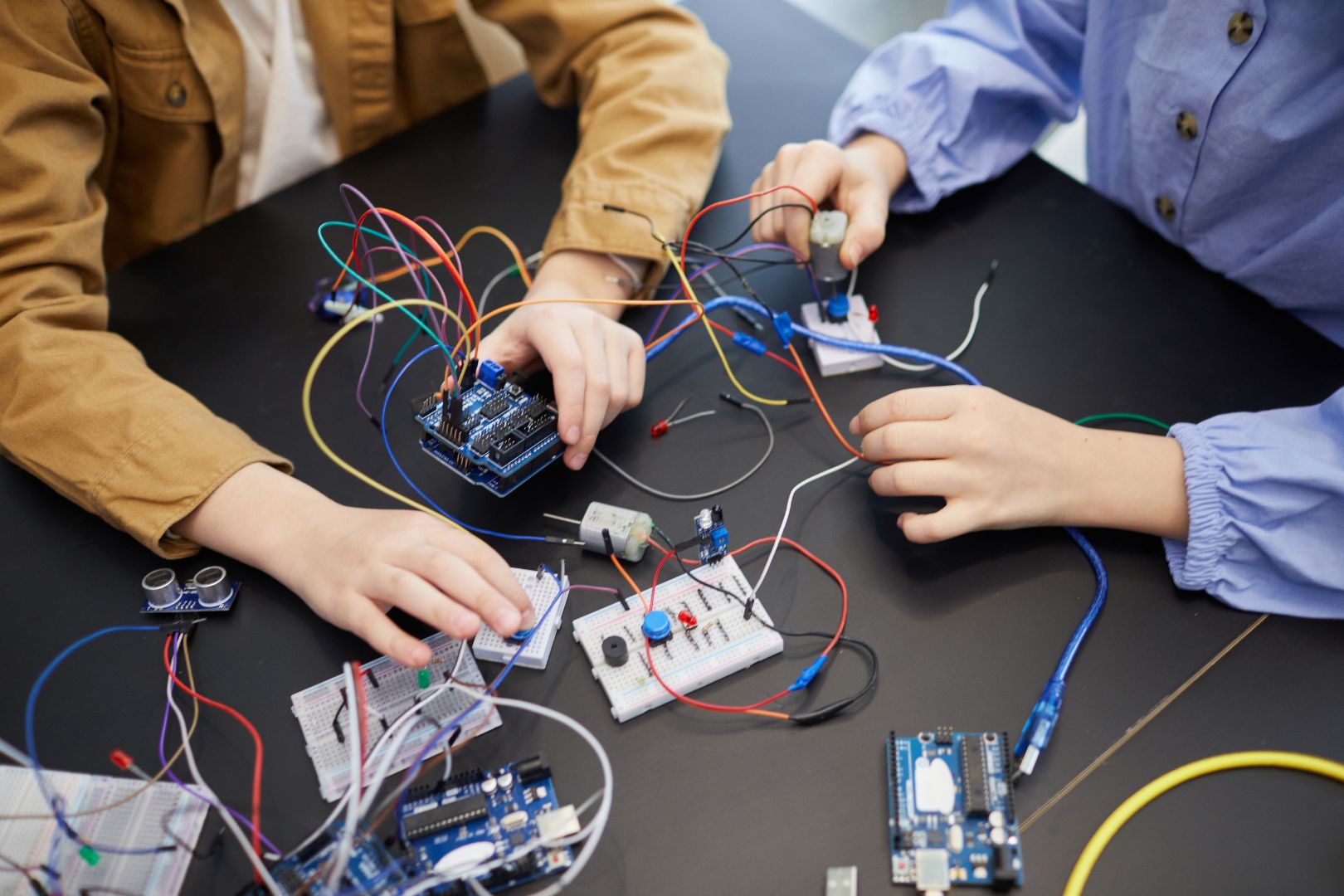Civil Engineering
The Civil Engineering program focuses on the planning, design, construction, and maintenance of infrastructure such as buildings, bridges, roads, and water supply systems. Students gain knowledge in structural engineering, surveying, construction materials, and project management. Practical training, including site visits and software-based design tools like AutoCAD and STAAD Pro, ensures that students are industry-ready.
What is the Career ?
A Civil Engineer is responsible for designing, constructing, and maintaining infrastructure projects such as buildings, roads, bridges, and water supply systems. They analyze project requirements, prepare blueprints, and ensure that construction meets safety and environmental standards.
Computer Science
The Computer Science covers software development, programming languages, networking, and database management. Students learn essential coding skills in languages such as Python, Java, C++, and web development using HTML, CSS, and JavaScript. The course also includes hands-on experience with cybersecurity, cloud computing, and artificial intelligence, preparing students for careers in IT and software development.
What is the Career ?
A Software Developer designs, develops, and maintains software applications for various industries, including IT, finance, healthcare, and education. They write clean and efficient code using programming languages like Python, Java, and C++, ensuring applications function smoothly and securely.
Electrical Engineering
The Electrical Engineering focuses on the study of electrical circuits, power generation, transmission, and distribution. Students learn about electrical machines, power electronics, control systems, and renewable energy sources. This course prepares graduates for careers in industries such as power plants, manufacturing units, and electrical system maintenance. Practical training and industry exposure ensure that students gain real-world experience.
What is the Career ?
An Electrical Engineer is responsible for designing, developing, and maintaining electrical systems used in residential, commercial, and industrial sectors. They work on power generation, transmission, and distribution, ensuring efficient energy flow and safety standards. Electrical engineers specialize in areas like automation, control systems, and renewable energy solutions.
Electronics Engineering
An Electronics Engineer is responsible for designing, developing, and maintaining electronic circuits, systems, and devices used in various industries such as telecommunications, automation, healthcare, and consumer electronics. They work on components like microprocessors, sensors, semiconductors, and embedded systems to create efficient and innovative solutions. Electronics engineers develop and test electronic circuits, troubleshoot hardware malfunctions, and optimize system performance.
What is the Career ?
An Electronics Engineer has diverse career opportunities in fields such as telecommunications, automation, robotics, and semiconductor technology. They can work as Embedded Systems Engineers, developing and programming microcontrollers for IoT, automotive, and medical devices. VLSI Design Engineers specialize in creating semiconductor chips and processors for consumer electronics and computing devices.




